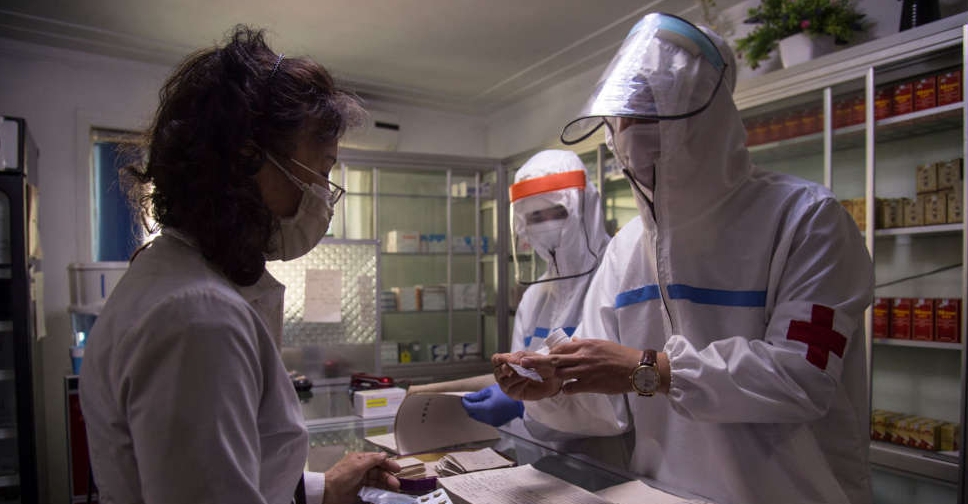
North Korea has lifted movement restrictions imposed in the capital Pyongyang after its first admission of COVID-19 outbreak weeks ago, media reported, as the isolated country says the virus situation is now under control.
The North has been in a heated battle against an unprecedented COVID wave since declaring a state of emergency and imposing a nationwide lockdown this month, fuelling concerns about a lack of vaccines, medical supplies and food shortages.
As of Sunday, the restrictions had been lifted, Japan's Kyodo news agency said, citing an unnamed source in Beijing.
A spokesman for South Korea's unification ministry handling inter-Korean affairs said it could not confirm the report, as the North's state media had not announced the decision.
The Kyodo report came shortly after North Korean leader Kim Jong Un presided over a politburo meeting to discuss revising anti-epidemic restrictions, assessing the situation over the country's first COVID outbreak was "improving".
"The Political Bureau examined the issue of effectively and quickly coordinating and enforcing the anti-epidemic regulations and guidelines given the current stable anti-epidemic situation," the North's state media KCNA said on Sunday.
North Korea reported 100,710 more people showing fever symptoms and one additional death as of Sunday evening, compared with some 390,000 two weeks ago, KCNA said. The death toll rose to 70.
North Korea has not confirmed the total number of people testing positive for the coronavirus, apparently lacking in testing supplies. Experts have said the announced figures could be underreported, and that it is hard to assess the actual scale of the situation.

 Iranian President Raisi killed in helicopter accident, state media says
Iranian President Raisi killed in helicopter accident, state media says
 ICC prosecutor seeks arrest warrants for Israeli, Hamas leaders
ICC prosecutor seeks arrest warrants for Israeli, Hamas leaders
 Assange given permission to appeal against US extradition
Assange given permission to appeal against US extradition
 Israel intends to broaden Rafah sweep, Defence Minister tells US
Israel intends to broaden Rafah sweep, Defence Minister tells US
 New Taiwanese president calls on China to stop threats
New Taiwanese president calls on China to stop threats




